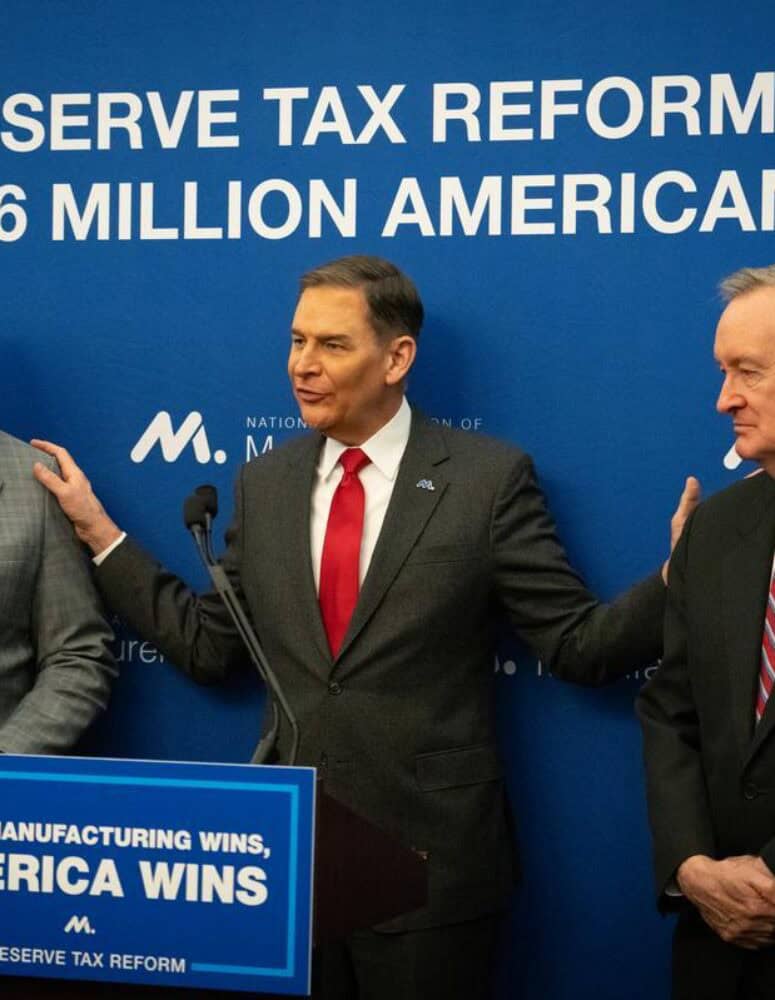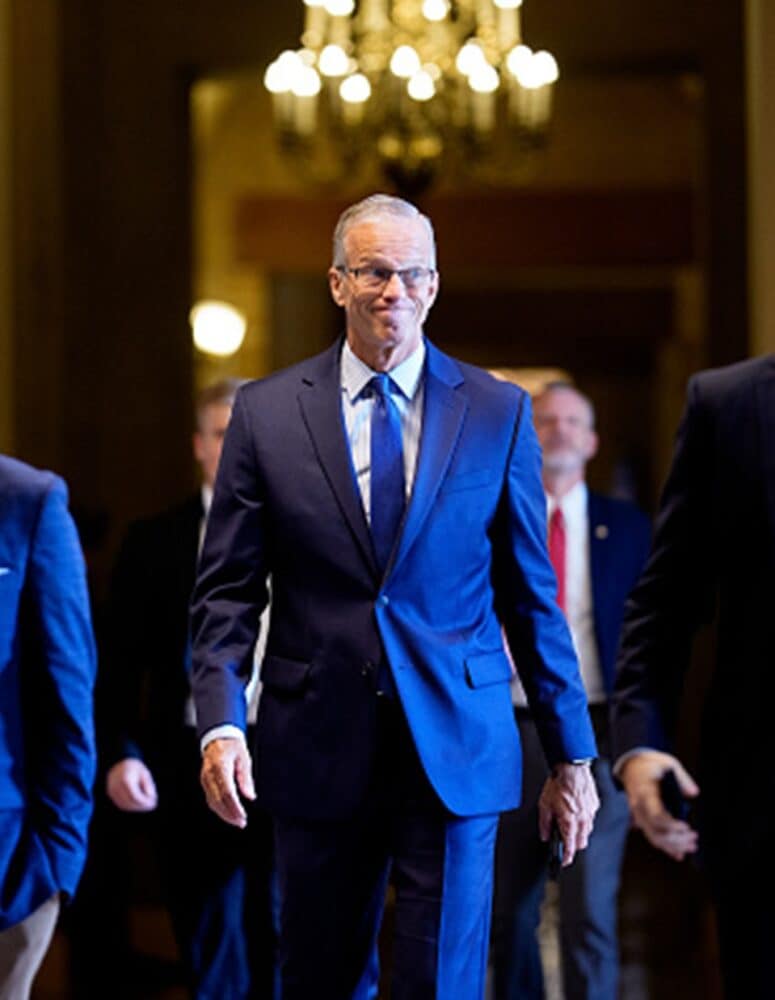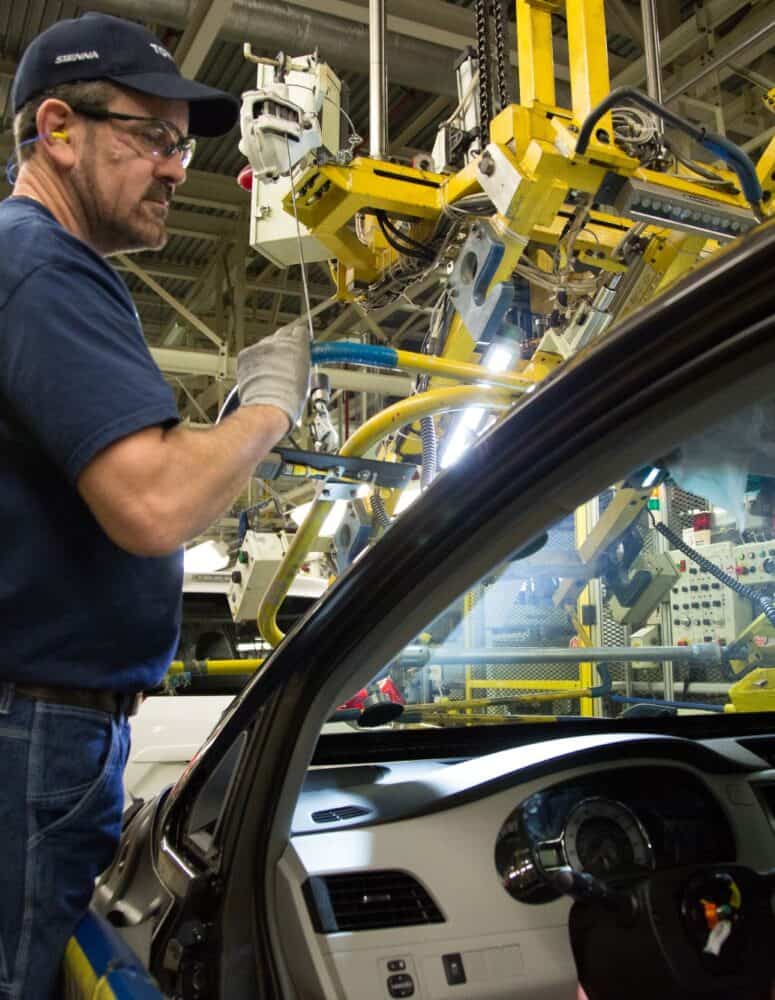The figures above can be found in the NAM’s Q2 2024 Manufacturers’ Outlook Survey.
Corporate Governance
Key Facts
Supporting Capital Formation and Protecting Investors
Manufacturers depend on the public capital markets to finance business growth, job creation and economic expansion. Manufacturing workers, meanwhile, may rely on the success of publicly traded companies to help them invest for a new home, a child’s education or a secure retirement.
Lawmakers should take steps to protect manufacturing families and support the development of the manufacturing economy. Reducing the influence of unregulated third parties, reinforcing all market actors’ fiduciary duty to investors, strengthening the U.S. pension system and ensuring companies can focus on long-term growth and economic expansion will give manufacturers—and all Americans—the ability to create a more prosperous future for themselves and their families.
What Should We Do Now?
Below are critical policy recommendations that Congress and the president should act on to promote a corporate governance agenda for the future.
-
1Enforce the new Securities and Exchange Commission rules increasing oversight of proxy advisory firms and reforming the shareholder proposal process.
-
2Reform the SEC’s proposed climate disclosures rule to make the requirements more workable for public companies and ensure that investors have access to material information about manufacturers’ efforts to combat climate change.
-
3Ensure that fund managers and ERISA fiduciaries fulfill their fiduciary duty to everyday investors and pensioners.
-
4Provide for effective oversight of proxy advisory firms and proxy ratings agencies.
-
5Ensure that any ESG disclosure obligations focus on material information relevant to company performance and shareholders’ investing decisions.
-
6Repeal or reform disclosure requirements that do not provide material, decision-useful information for investors.
-
7Avoid imposing corporate governance mandates that would limit manufacturers’ ability to efficiently allocate capital or recruit and retain a 21st-century workforce.
-
8Continue to bolster the single and multiemployer pension systems to provide certainty for businesses and retirement security for families.
Share Your Voice
By sharing our voices, manufacturers play a vital role in advocating for the ability of all Americans to create a more prosperous future for themselves and their families.
We encourage you to share with us your thoughts on why lawmakers should help support and drive a corporate governance agenda for the future. In doing so, you’re helping to equip the NAM with our most powerful advocacy tool: the manufacturing voice.







